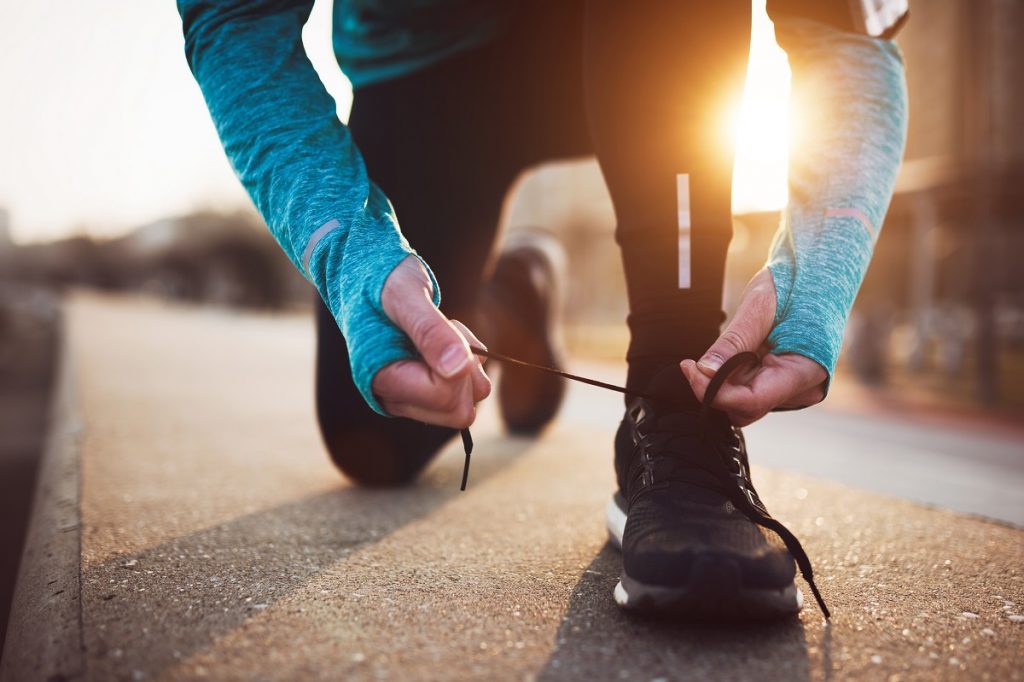Just like a construction helmet is a must for on-site workers, drivers should never get behind the wheel without committing to safe practices. Some of these behaviors are nearly automatic, like buckling up your seat belt, adjusting the mirrors, and switching the headlights on. Others are done in advance, like the regular maintenance of your vehicle or avoiding drinking.
But most safe driving practices are a constant commitment. You have to remind yourself to put away your phone and ignore the temptation to check messages or answer calls. You have to pay attention to the road, drive below the limit, and follow traffic signs.
Those commitments get harder to keep when drowsiness strikes. Here’s how you can address that problem through better fitness.
The dangers of drowsy driving
Why is it so dangerous to drive when you’re feeling sleepy? Part of that is due to the severity of its effects on our cognition.
Staying awake for 18 hours straight gives you the equivalent of a blood alcohol volume of 0.05. For a full 24 hours, that number rises to 0.10. Drunk driving happens when you cross the threshold of 0.08.
At some point, depending on the individual, you end up driving just as poorly as a drunk person. Your senses are impaired. Your reaction time slows down. And your decision-making ability is just as bad.
The key difference, though, is that people routinely underestimate these effects. They know that it’s dangerous to drive drunk or distracted, but they shrug off a little lack of shut-eye. After all, with our busy lifestyles, it happens to everyone. Or so the thinking goes.
Making matters worse, statistics tend to under-report the dangers of drowsiness. In 2018, the AAA reported that federal estimates were about 1/8 the actual number of crashes involving drowsiness. Nearly 2/3 of Americans admit to driving drowsy, with over 1/3 having fallen asleep at the wheel.
Responding to the alarms
These compound factors make drowsiness both a common and major risk for drivers. Everyone, regardless of age, gender, or occupation, can feel tired and sleepy while driving.
And fatigue doesn’t immediately set in when we get behind the wheel. Sometimes, you might be feeling alert, but then the monotonous landscape of a long road starts making you nod off.
Of course, there are warning signs that you or a companion can look out for. Constant yawning, blinking, or rubbing of your eyes betrays a lack of sleep. Other cues, such as a memory lapse, lane deviations, or other unusual or unsafe driving patterns, should set off the alarm bells.
Noticing these patterns has to be a signal to take immediate action. That could mean pulling over as soon as possible for a quick nap in a safe spot. If you have companions in the vehicle, they can take over driving duties or engage you in conversation to keep your mind alert. Even a quick game of 20 questions or ‘eye spy’ will help you stay awake.
What you need to avoid, though, are stimulants. Coffee and energy drinks won’t overpower the body’s need to sleep enough to keep you safe.
Fitness as a solution

Racing fans, or anyone who watched the move Ford versus Ferrari, will know that professional racers can drive for prolonged periods at high intensity. And the sport certainly isn’t as easy as they make it seem. Their secret, like any elite athlete, lies in physical conditioning.
You don’t have to train like a pro racer. But research has shown that physical exercise is greatly beneficial to drivers, especially in terms of safety.
Driving is a physical activity, after all. We don’t notice it when we constantly do it for short periods. But you need endurance, flexibility, coordination, and range of motion to drive. Long hours behind the wheel will test your stamina without your noticing it.
Exercise also helps to regulate our circadian rhythms. If you can find time for a daily workout, you’ll enjoy longer hours and more restful sleep every day. Try to avoid exercising 3-4 hours before you go to bed. Late afternoon and early evening are great for this purpose, as they will expend your energy just in time for sleep.
Work on your overall fitness through the various aspects of aerobic fitness, muscular strength and endurance, flexibility, and composition. This will keep your body performing at high efficiency, which lessens the effects of fatigue. As a bonus, it’s simply a good idea for your health in general and will help you remain alert and active as you age.

